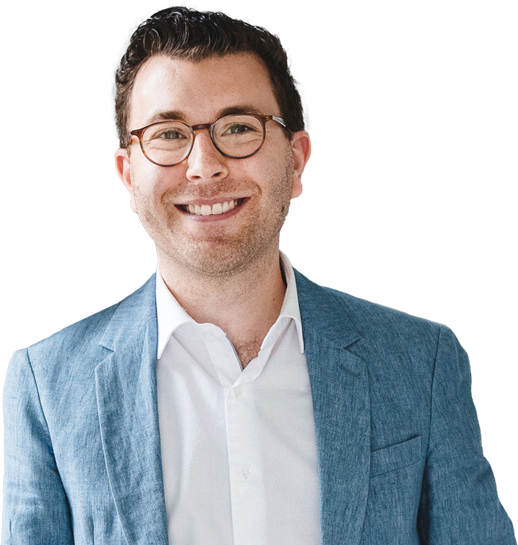Center for Artificial Intelligence in Medicine (CAIM)
The Center for Artificial Intelligence in Medicine is a research, teaching and translation platform for medical technology that uses AI to deliver better care to patients and facilitate the work of doctors and nurses. CAIM capitalizes on the unique constellation in Bern that joins players from the scientific, healthcare and industry domains. It was inaugurated in January 2021 as a Center of the University of Bern’s medical faculty and the Inselspital, Bern University Hospital, with the University Psychiatry Services (UPD) and the Swiss Institute for Translational and Entrepreneurial Medicine, sitem-insel, as partners. Part of Bern’s initiative for digitalization in healthcare, CAIM is a virtual center connecting engineers, physicians and scientists in the area of AI in medicine and providing them with resources and access to infrastructure. By bundling transdisciplinary know-how from the Bern Biomedical Engineering Network, it promotes and expands projects dedicated to the potential of AI technology for healthcare. CAIM will foster commercialization of AI technology innovation, support start-up incubation and create sustained value through best in class research, translation and economic growth.
